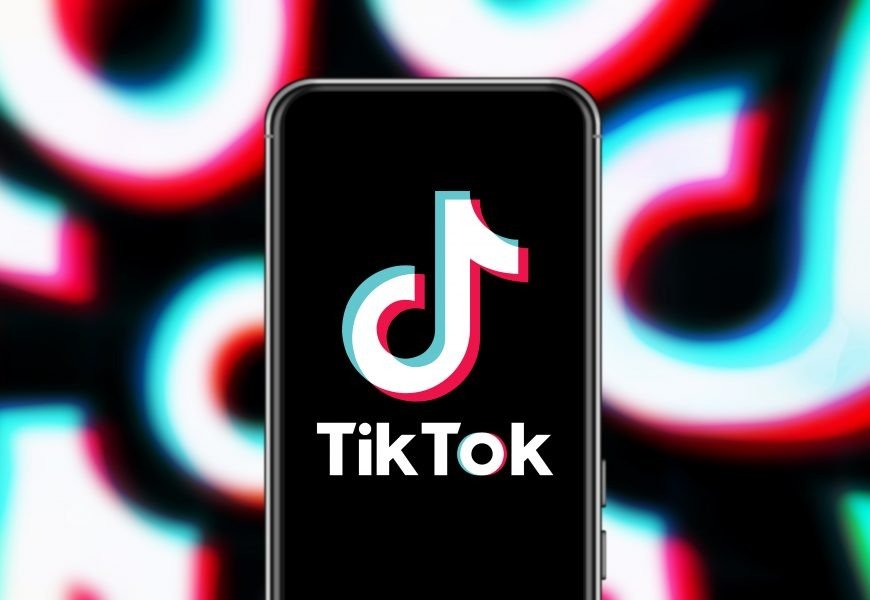TikTok Shifts Focus to Longer Videos, Alarming Some Creators

TikTok, the platform known for its short-form videos, is pivoting towards longer content, phasing out its original "Creator Fund" and introducing the "Creativity Program Beta." Under this new program, creators looking to monetize their content must produce videos longer than one minute. The move is seen as an effort to compete with traditional platforms like YouTube and capitalize on longer-form content, which often brings in more revenue through ads and offers greater opportunities for monetization.
However, some TikTok creators are expressing frustration and concern over this shift. Many creators joined TikTok specifically for its short-form video format and fear that the move towards longer videos will diminish the platform's unique appeal. Critics argue that TikTok's strength lies in its ability to quickly engage users with diverse, bite-sized content.
TikTok's decision reflects a broader trend of social media platforms evolving to accommodate longer videos. While longer content offers more advertising possibilities, it remains to be seen how TikTok's predominantly young user base will respond to the changes. The platform has gradually increased video time limits, allowing for three-, five-, and 10-minute videos, with tests underway for 15-minute uploads.
Creators who want to continue monetizing their content will have to adapt to the new requirements of the Creativity Program, where adult creators with 10,000 or more followers can earn payments for videos longer than one minute. TikTok believes that longer videos encourage viewers to spend more time on the platform, fostering trust through deeper connections, information dissemination, and educational content.
TikTok's shift is a strategic move to demonstrate its capacity to keep users engaged for longer periods and attract advertisers. The company argues that creators should expect higher payments per video under the Creativity Program, encouraging them to embrace the change. However, some creators are wary of the shift, citing concerns about the time and resources required to produce longer-form content.
This move comes as TikTok faces increasing competition and scrutiny, and it highlights the platform's attempt to diversify its content and revenue streams. The shift may impact the platform's dynamic and challenge its unique selling proposition, potentially leading to shifts in user behavior and preferences. As TikTok adapts to the evolving social media landscape, it faces the delicate task of balancing innovation with preserving the essence that made it a cultural phenomenon.
What's Your Reaction?




































































